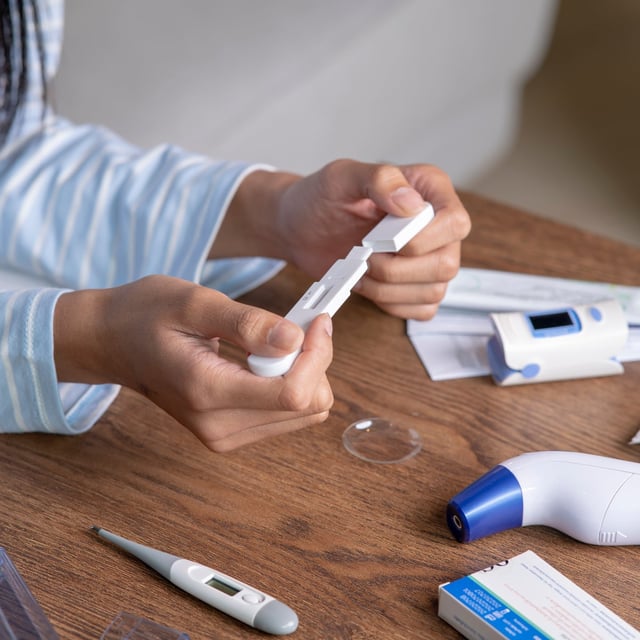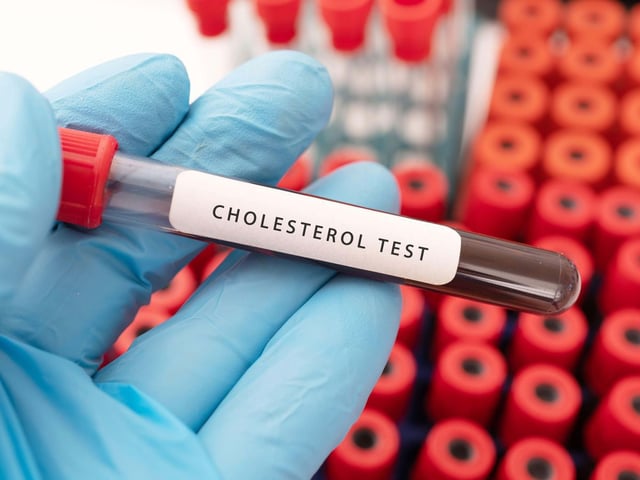Overview
- Two BMJ studies published July 23 found that most over-the-counter self-tests lack clear instructions on who should use them, how to interpret results and what to do next
- The Medicines and Healthcare products Regulatory Agency said it will review all evidence, consider allegations of device deficiencies and strengthen post-market surveillance and safety standards
- Researchers warned that high-street kits face only notified-body checks rather than the stringent scrutiny applied to pharmaceuticals and called for coherent national guidance
- Nearly all tests recommended medical follow-up regardless of a positive or negative result, a practice that risks unnecessary NHS appointments and may delay accurate diagnosis
- The number of self-test products has doubled from 30 in 2023 to over 60, with the UK market forecast to reach £660 million by 2030 without tighter oversight


